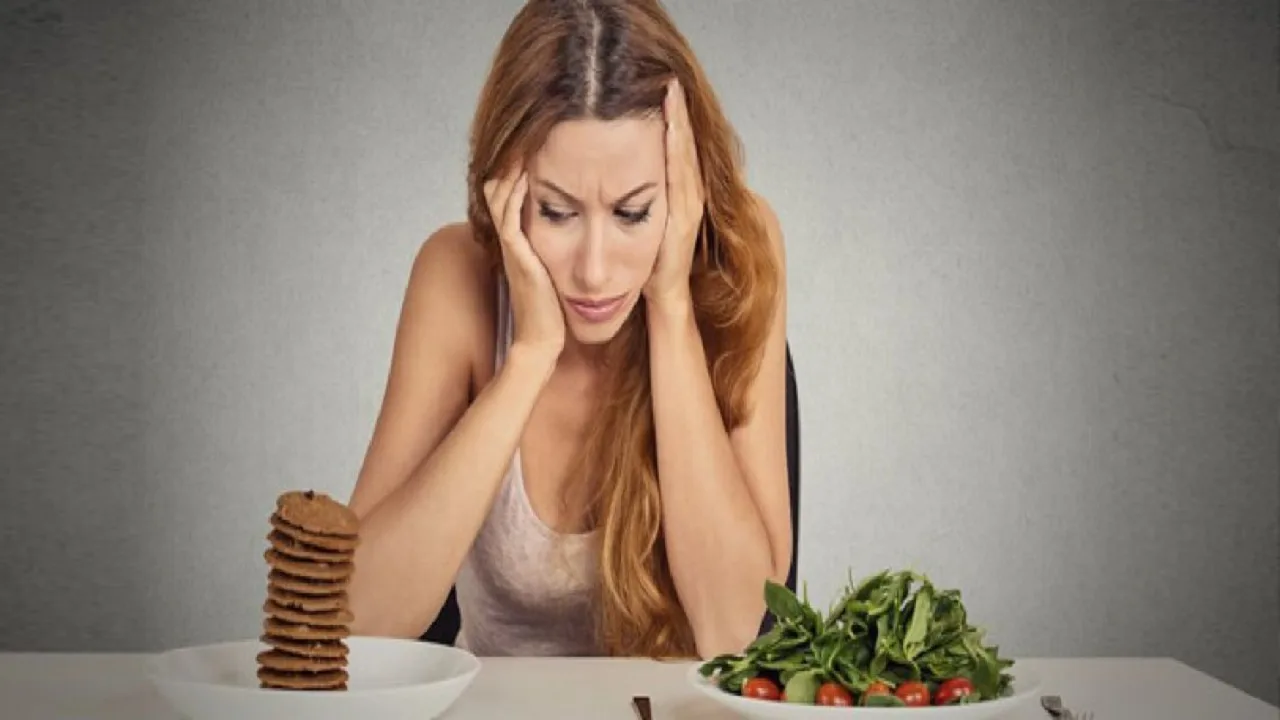Do you automatically reach for sweets, chips, or fast food when you’re stressed? You’re not alone – many people react this way. But it’s still not good for us. Oviva is there for you when it comes to a balanced diet, more exercise, and less stress, including tips on how to avoid eating stress.
What exactly is stress eating?
Stress eating is a form of emotional eating. Around 40 percent of people react this way to stress and pressure. Stress eaters typically consume unhealthy snacks, sweets, fast food, and fatty foods without control – largely regardless of whether they are hungry or full. This comes at the expense of healthy foods, of which stress eaters typically consume significantly less.
How does stress eating affect the body?
Stress eaters typically eat food that is high in energy but low in vitamins and other essential nutrients. If this only happens for a short time and as an exception, our bodies will not suffer any damage – after all, stress eating has the evolutionary purpose of making us fit for exceptional situations in which we need exactly that extra portion of energy.
However, if stress and stress eating become a permanent condition, we have a problem. We regularly consume significantly more energy than our body needs . This energy is stored as body fat . Chronically elevated blood sugar and blood fat levels can also lead to metabolic diseases such as diabetes, lipid metabolism disorders and fatty liver, as well as cardiovascular diseases .
Why do we eat when we are stressed?
- When we are stressed, our body releases more of the stress hormone cortisol . Cortisol is designed to ensure energy supply in dangerous situations. Among other things, the hormone increases our hunger for carbohydrates.
- When you are under constant stress, your sleep quality often suffers. Lack of sleep also leads to increased appetite in many people.
- Our impulse control suffers under stressful conditions . Making the right decisions becomes much more difficult – including when it comes to food.
- Stress often means a lack of time. Instead of eating regular meals, we eat on the go and in a hurry. This makes it much more difficult to keep track of and control what and how much we eat.
